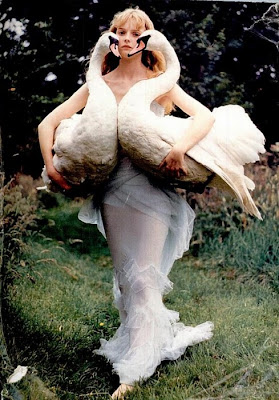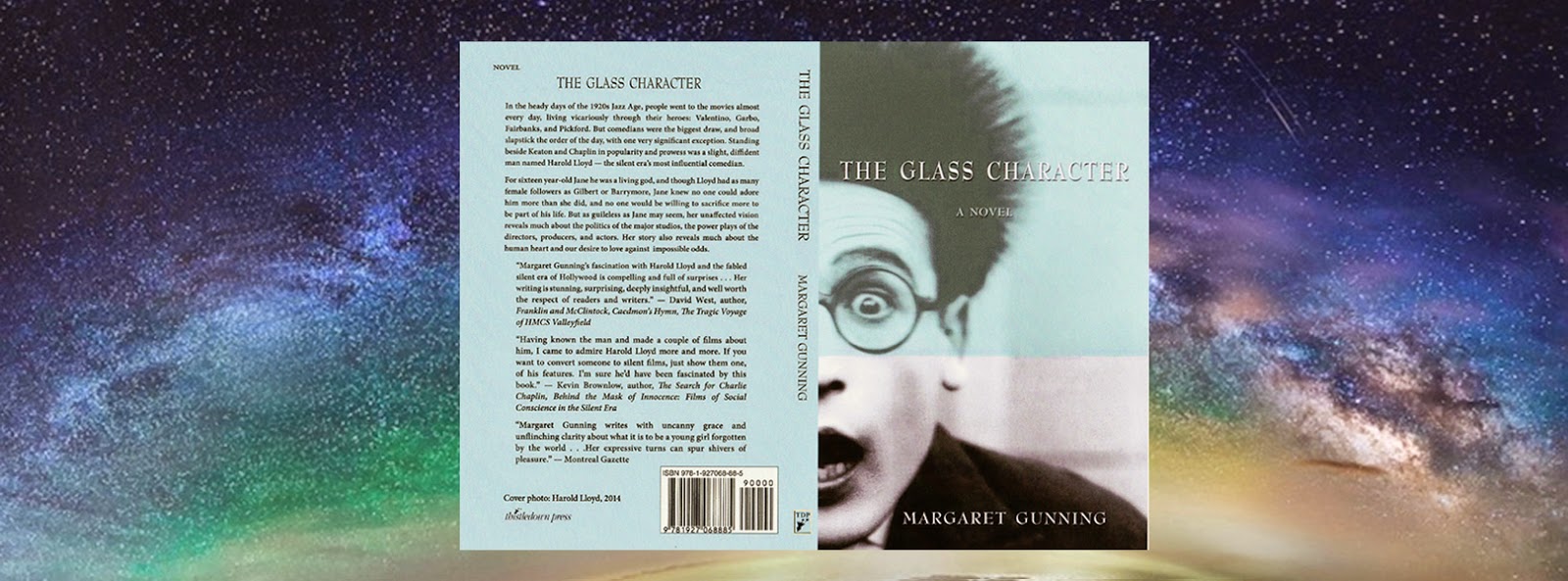WRITING IS HELL
If you're a
freelance writer and aren't used to being ignored, neglected, and generally
given short shrift, you must not have been in the business very long.
Poppy Z. Brite
Coleridge
was a drug addict. Poe was an alcoholic. Marlowe was killed by a man whom he
was treacherously trying to stab. Pope took money to keep a woman's name out of
a satire then wrote a piece so that she could still be recognized anyhow.
Chatterton killed himself. Byron was accused of incest. Do you still want to a
writer - and if so, why?
Bennett Cerf
I am
irritated by my own writing. I am like a violinist whose ear is true, but whose
fingers refuse to reproduce precisely the sound he hears within.
Gustave Flaubert
Writing is
not necessarily something to be ashamed of, but do it in private and wash your
hands afterwards.
Robert A. Heinlein
Writing is not
a genteel profession. It's quite nasty and tough and kind of dirty.
Rosemary Mahoney
Follow the
path of your aroused thought, and you will soon meet this infernal inscription:
There is nothing so beautiful as that which does not exist.
Paul Valery
Writing is
so difficult that I feel that writers, having had their hell on earth, will
escape all punishment hereafter.
Jessamyn West


I was
working on the proof of one of my poems all the morning, and took out a comma.
In the afternoon I put it back again.
Oscar Wilde
If writing
seems hard, it’s because it is hard. It’s one of the hardest things people do.
William Zinsser
Ahhhhhh, JESUS, not one of these blocks of quotes again, all about "the writer's life" and what sheer hell it is to write and about how you must shed your skin and ooze out quarts of blood and etc. etc.
It's not like that. Not like that at all. At least, not for me.
I love to write. Sitting down to work on this blog every morning is more fun than going to the beach. Hell, the circus! I don't worry about the quality of it at all. It's play.
No one wants to hear this, but I have to say, though I've had my share of struggles with the craft and was not really ready to try to publish a novel until well into my 40s, most of it has been pleasurable in a way that borders on the sexual.
I don't know why that is. Many of these quoters, not to mention gazillions of others, would conclude, "That's because you're a lousy writer." It took me a while to disagree with this. Actually, what it took was getting two novels published. It still breaks my heart that they ended up selling so poorly, but out of something like thirty reviews between the two of them, only one was negative.
My publisher at the time said, "It's a miracle, Margaret." I wanted to say: how 'bout twenty years of hard work? Yes, but hard work that still brought a smile to my face.
Writing is hell, supposedly - nearly everyone says so, or wants you to think so - but in my mind, at this stage, right now, what is really hell is trying to get it out there. I think I still have something valuable to share: in fact, I know it. Maybe I am being punished for this, although at the same time we're all supposed to be brimming over with self-esteem (see My Declaration of Self-Esteem, yesterday's post).
It's so weird: writers are supposed to be furtive (as if it's a secretive, even dirty activity). They're supposed to sweat blood: if there's an exhilarating flow to the work day-to-day that results in a work you are immensely proud of, you must be doing it wrong.
You've got to suffer. SUFFER. Big-time. If you don't, it can't be any goddamn good.
I suffer all right, but suffer in the process of trying to get my story into the hands of readers. Here, too, public perception is extremely odd. People react with a kind of embarrassment that you even want such a thing. Shouldn't you just be content to write it and put it away somewhere? What about the process; shouldn't it be its own reward?
I hate to go back to the old saw about the professional cellist or ballet dancer who has trained all her life, is at the very top of her field, and never gets to perform. Shouldn't she be OK with that? Shouldn't she just be content to play her Steinway in an empty hall?
Phhwaaaaaahhh!
Writers who want to share their stories are egotists, and if they actually want to make money, they are mercenaries. Never mind that they have bills to pay like everyone else.
It's odd, but I've noticed over the years/decades that the first thing people ask you when they find out you're a writer (and I never tell them any more because they always look so doubtful) is, "Have you published anything?" When I tell them, they invariably ask, "Did you self-publish?" (or "e-publish", that other free-floating form of the vanity press). When I tell them no, they look at me quizzically and say something like, "However did you manage to do that?"
It's kind of like my freelance work. I've written at least a thousand columns and reviews which have accumulated over 25 years or so. (No one believes this, either. But I wrote weekly pieces, which adds up to 50 or so a year. Do the math.) This is what I heard, all the time, but furtively, as if someone was opening their coat to show me dirty postcards:
"Do they pay you for that?" (in a doubtful tone).
When I say yes, they then ask:
"How much?" (Last time I checked, it was rude to ask someone who works at McDonalds how much they are paid. It just is not done.)
Then comes (incredulous):
(a) "That much?" (or, conversely):
(b) "Is that all?"
Anyway, this is turning into a load of complaining again. I don't complain about the writing process too much any more. Blogging has broken the ice jam and brought back the exhilaration I used to feel before everyone started trying to convince me that Writing Is Hell.
But I'm still on that road. It's called The Glass Character, folks. It's a novel. I think it's the best thing I've ever done. As far as I know, no one has even looked at it: my reviews mean nothing, I guess, because my previous two (PUBLISHED!!) novels didn't sell very well.
And yes, THIS is hell, and always will be. There are a gazillion quotes about how desirable failure is, about how we should all have as many failures as we can possibly manage because we learn so much from them and become Better People.
But in publishing, even one failure (or perceived shortcoming) can sink you forever.
Be warned.
Getting published is hell.





























































